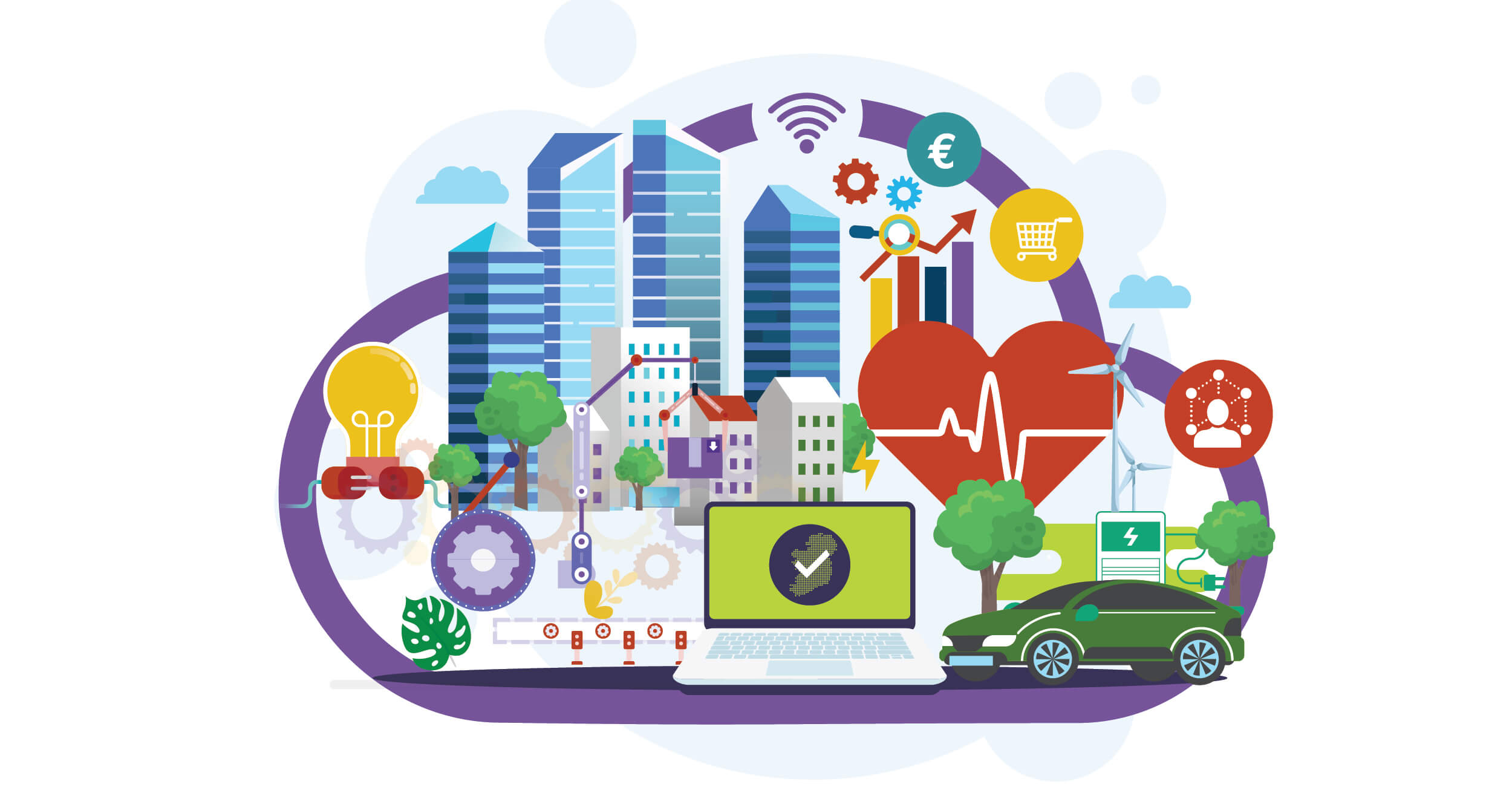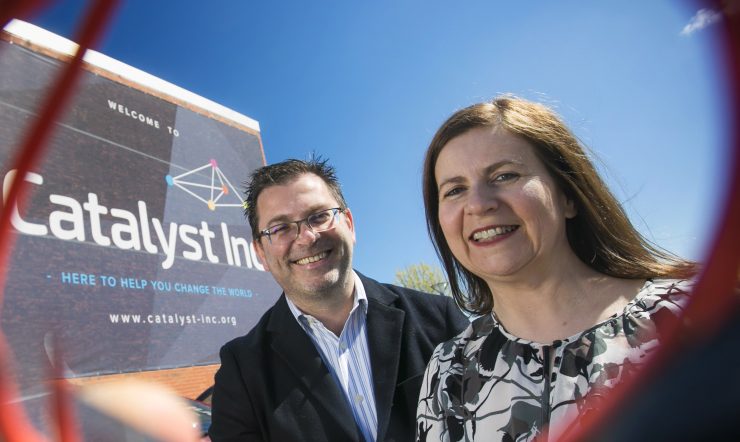Microsoft Ireland’s latest report, Digital Ireland – Inclusive Recovery, shows the significant untapped potential of Ireland’s Digital Economy as organisations need to accelerate digitalisation.
Kieran McCorry, National Technology Officer, Microsoft Ireland
As we know, Ireland is well regarded for its entrepreneurial spirit, its determination in the face of adversity and its innovative mindset. The last 18 months have been no different. Irish businesses, whether family-run SMEs or larger multi-national corporations, have demonstrated a great determination and ability to adapt and innovate. Despite the challenges that the Covid-19 emergency has presented to individuals and organisations, both personally and professionally, it has also acted as a catalyst to accelerate the true potential of digital technology in transforming Ireland’s economy.
Our latest report, Digital Ireland – Inclusive Recovery, highlights the significant untapped potential of Ireland’s digital economy and the willingness of the business community to accelerate their journey of digital transformation further into the future, with cloud solutions very much to the forefront of their minds.
As part of the report, we asked an island-of-Ireland sample of 360 senior leaders and technology leaders about the importance of cloud and digitalisation to their current and future operational needs. What is clear is that organisations intending to expand their digital presence as part of their broader business strategy will have to invest not only in the hardware, software and services required to support digitalisation, but also the skills necessary to deliver their ambitions.
According to forecasts by Amárach based on figures from the International Data Corporation, the report highlighted that the digitalisation of the Irish economy could potentially be worth in the region of €300 billion in 2023, accounting for 65% of economic output (out of a total Irish GDP of €469 billion).
Our survey shows that the share of Irish organisations expecting to use cloud for all, or almost all, of their requirements in three years’ time will be 22% higher than today. However, despite the significant financial potential of the digital economy, under 30% of senior leaders said they are using digital technologies to engage customers through connected experiences or to empower employees. Additionally, 47% of technology leaders say their people are reluctant to embrace digitalisation and 41% admit that their customers are ahead of them when it comes to demand for digitalised services and solutions. Furthermore, 59% of technology leaders say they don’t do enough with their organisation’s data.
Our findings point to several core themes in relation to the digital imperative for organisations as we look to build an inclusive, digital society and capitalise on what true digitalisation means in the wake of the pandemic effects. This includes strategic IT priorities to scale and expand operations, attracting digital talent, c-suite alignment, and sustainability.
Looking to the future, the majority of technology leaders (78%) say cloud-based systems and investments are at the heart of their approach to technology and the benefits of using cloud computing and systems far outweigh the costs (76%). This is true of both private and public sector organisations and, indeed, public sector leaders are significantly more likely to identify ‘faster innovation’ as a key benefit of cloud solutions (45%) than their private sector counterparts. Looking to the future, 46% of public sector technology leaders expect to use cloud services for all computing and data requirements compared to just 24% in the private sector.
As indicated by its senior leaders, accelerated adoption of cloud solutions in the public sector will have a transformational impact in areas such as healthcare, community engagement and in the delivery of an efficient and productive civil service that uses data and intelligent systems to meet the changing needs of Irish society.
However, the implementation of technology and digital solutions must coincide with behavioural change – creating the right digital culture, upskilling and training programmes, and having the right talent. In the wake of the pandemic, hybrid working was called out by technology leaders as a key driver of the adoption of digital technologies, with almost seven-in-ten (69%) agreeing they will have a ‘hybrid workforce’ in future as more staff work from home, more of the time. A further 74% agree digitalisation will enable them to attract and retain talent. Public sector leaders are, however, more likely to see the task of bringing technology and people together effectively to be more challenging than others (47%) and this will be the big challenge for government agencies in the coming years.
We are only at the beginning of a long process of adjustment to the new realities of a post-pandemic economy and society in Ireland and we are very excited to work with our customers and organisations to realise the potential that is very clearly highlighted in this report.


























